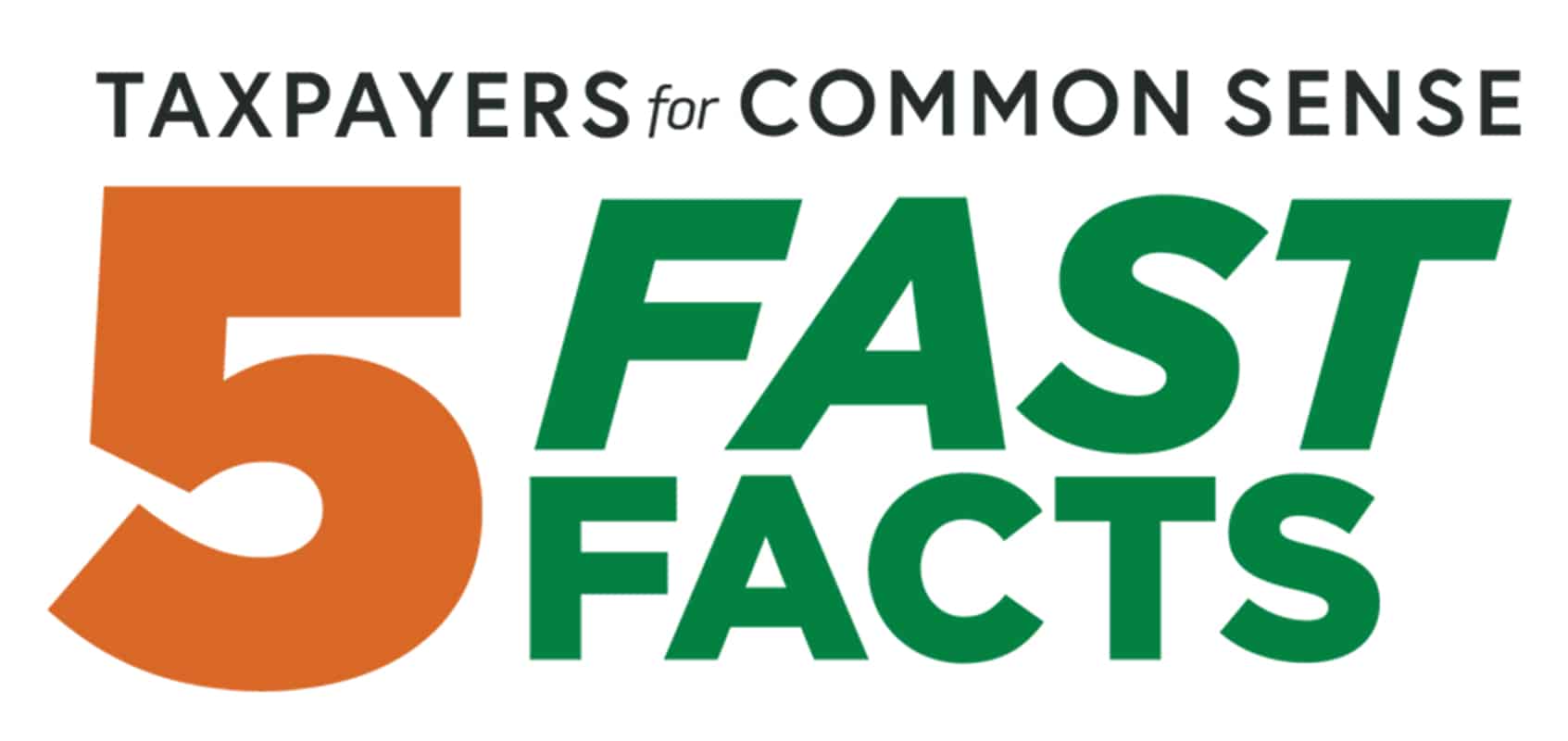ABOUT
The Holman Rule
1. WHY IS THE HOLMAN RULE IN THE NEWS?
In the 118th Congress House Republicans reinstated this obscure rule which governs some actions on the floor of the House of Representatives. House Rule XXI, clause 2(b), The Holman Rule, dates back to the mid-1800s and is named for its original sponsor, Rep. William Holman of Indiana. The purported original reason for the rule was to eliminate some patronage positions. This specific provision was dropped in 1983 although other aspects of the Holman Rule remain. The rule was in place for the 115th Congress and dropped again in the 116th and 117th Congresses.
2. WHAT DOES THE HOLMAN RULE DO?
In 1880 it was amended to apply to “the number and salary of officers of the United States, the reduction of compensation of any person paid out of the Treasury of the United States, or the reduction of the amounts of money covered by the bill.” Therefore, under this rule, appropriations bills can be amended on the House floor to “retrench” (a fancy word for “strike”) funding for certain specific jobs or entire offices in the federal agency which is the subject of the appropriations bill. For instance, a House Member could offer an amendment to strike the pay for the Attorney General or the head of the Federal Bureau of Investigation from the bill funding the Department of Justice.
3. WHAT IS THE PRACTICAL EFFECT OF THE HOLMAN RULE?
There are no standards, such as malfeasance, that a House Member must prove to offer an amendment to strike the pay and other funding for a person or office. A floor amendment could be used to remove all funding for an office that performs work the member simply doesn’t like. Taken to its most extreme degree, the Holman Rule could be used to surgically remove specific civil servants or political appointees by ending their pay. During the 115th Congress, amendments to reduce the Congressional Budget Office by 89 positions, remove people working on policy related to the Guantanamo Bay Naval Base, and remove one particular employee at the Army Corps of Engineers were all unsuccessful.
4. WOULD THAT VOTE IN THE HOUSE BE THE FINAL SAY?
No. If successful, the amendment would become part of the House version of that appropriations bill. If the Senate version contained no similar provision, this would be an issue for debate when the House and Senate meet to craft a final version of the spending bill. And if the provision ended up in the final conferenced version of the bill, the President could veto the legislation.
5. WHY DOES THIS MATTER?
This rule allows House Members to put undue pressure, the threat of being unpaid, on both civil servants and political appointees working for the federal government. All federal employees should be able to work free of the threat of financial blackmail.












Get Social